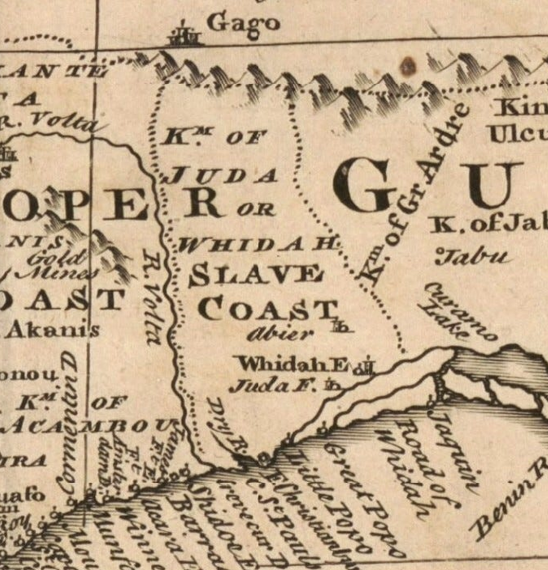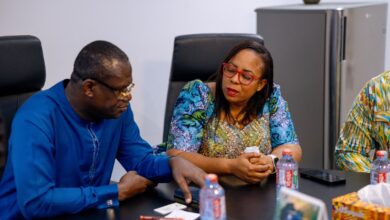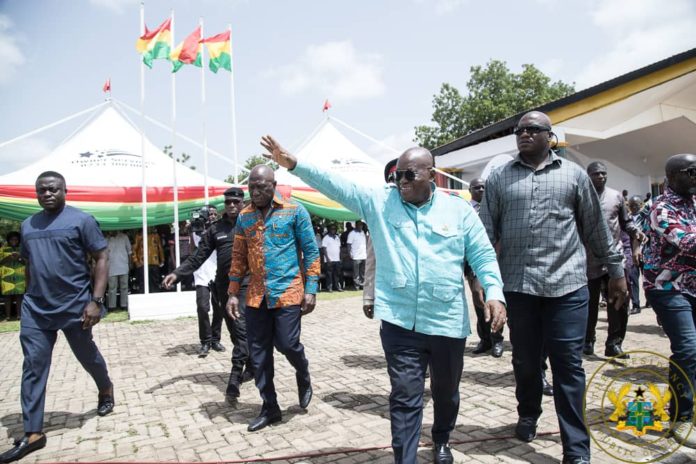“Ghana’s Path Forward: The Crucial Need to Shun Religious Politics” – Kofi Agbeko

In the current political landscape of Ghana, as the Vice President and flagbearer of the New Patriotic Party sets out on his quest for the presidency, it becomes imperative for Ghanaians to scrutinize the potential impact of religious politics on our national unity, security, and development.
As a nation that prides itself on a harmonious blend of diverse cultures and religious beliefs, the pitfalls of religious politics loom large. The Vice President’s campaign must be examined for its potential to either fortify our national unity or unravel the delicate threads that bind us together. A commitment to inclusivity and shared values should be the bedrock of any political journey.
The specter of divisiveness and polarization, often exacerbated by religious politics, must be a focal point of public discourse. Ghanaians should be wary of narratives that seek to create an ‘us versus them’ mentality, undermining the social cohesion necessary for national progress.
National security, a paramount concern for any aspiring leader, must be approached with utmost care. The Vice President’s campaign should be scrutinized for its potential to either strengthen the fabric of our society or inadvertently provide a breeding ground for extremism and radicalization.
In the realm of development, the electorate must consider whether the proposed policies are driven by religious affiliations or merit. Ghana’s progress hinges on decisions that prioritize the common good over divisive considerations, ensuring that the nation moves forward economically and socially.
Discrimination and exclusion, born from religious politics, have no place in a society aspiring for greatness. Ghanaians should demand leadership that promotes equal opportunities for all, irrespective of religious beliefs, fostering an inclusive environment that benefits the entire nation.
Economic efficiency is paramount for sustainable development. Ghanaians must critically assess whether the Vice President’s agenda is grounded in sound economic principles or influenced by religious considerations that may hinder progress.
As the political landscape evolves, Ghanaians are at a crossroads. The onus lies on the electorate to reject religiously divisive politics and embrace leaders who champion the values of unity, security, and development for the greater good. The choice made in this critical moment will shape the destiny of our beloved nation for years to come.
Article By: Kofi Agbeko |Director of Communication of Pillars of Ghana Cadres





